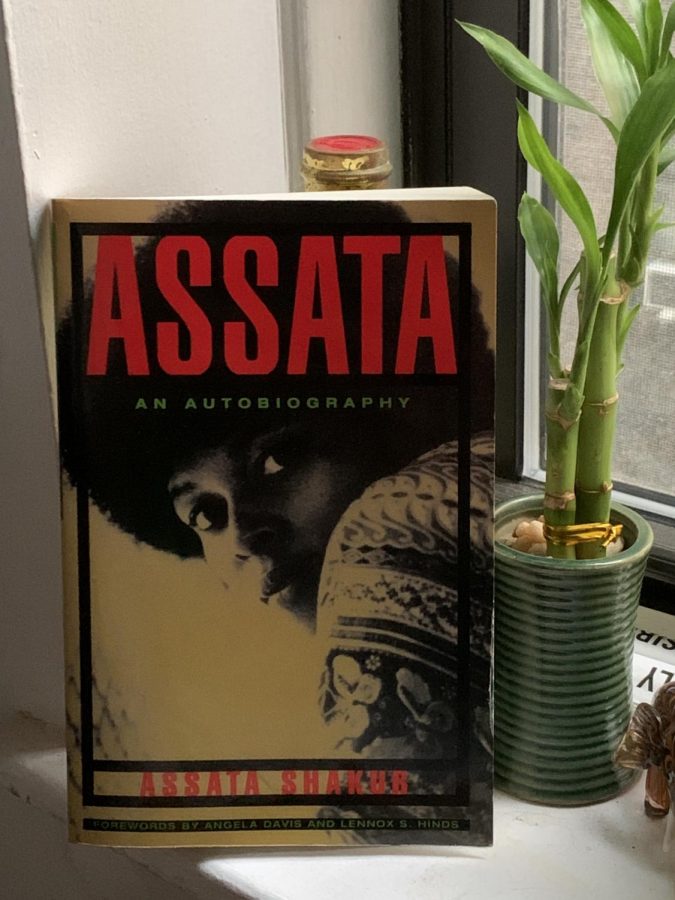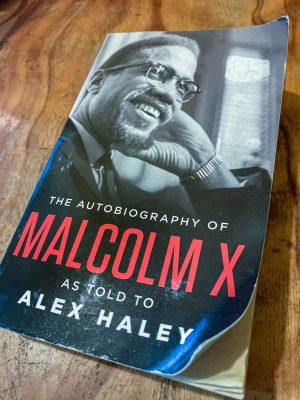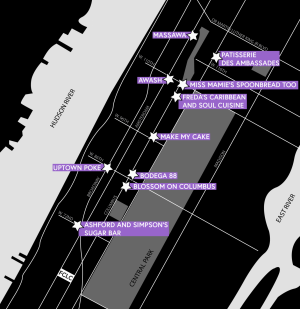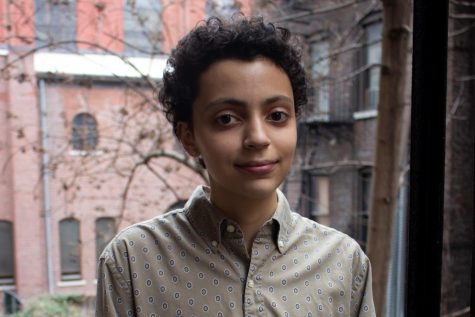Ram Reads: ‘Assata’
The autobiography of Assata Shakur covers such myriad memories as her time in a prison cell to her childhood memories of New York City. Her community-oriented activism work with groups like the Black Panther Party and the Black Liberation Army, however, are what make her story especially relevant today.
September 11, 2020
After writing a Ram Reads on “The Autobiography of Malcolm X,” I promised myself that the next Ram Reads I wrote would be of a different genre. Then I saw “Assata.”
Many abolitionists and book reviewers on my social media timelines have raved about this book, saying it changed their lives. At first, I had no idea who Assata Shakur was, but, after reading, she, too, changed mine.
Shakur is the embodiment of a revolutionary, paving the way for generations to come. She was heavily involved in the Black Panther Party and the Black Liberation Army, focusing her efforts on community-building and education. She worked alongside many famous revolutionaries like Huey P. Newton and Angela Davis. Her life has been dedicated to the communal struggle for liberation.
The autobiography starts off describing the moment of one of her major arrests. She was originally arrested on the New Jersey Turnpike for shooting a police officer. With no concrete evidence to prove it was she who committed the crime, Shakur found herself being manipulated time and time again by the police department and the Department of Justice.
Often, especially during the resurgence of the Black Lives Matter movement in 2020, we hear stories about police brutality, about the manipulation of the law, and about sentences that far surpass the punishment of the crime. When we hear about these injustices, they can seem so far away from our immediate lives. This was the first time that I had ever read a story straight from the manipulated person’s perspective.
In her time in prison, Shakur lived in horrid conditions. From her first day, May 2, 1977, to the day that she escaped prison in 1979, she endured extreme violence from police guards and other prison staff all while she was pregnant.
When the prison first found out she was pregnant, a doctor not only lied about her diagnosis multiple times, but he also refused to provide Shakur with any support besides an abortion.
“I can’t force you to do anything, but my advice is to have an abortion. It will be better for you and everyone else,” he said. After she expressed that abortion was not the route she wanted to take, he said there is “nothing [he] can do right now” to help her. Moments like this in the book show, in Shakur’s experience, that people take great lengths to make the lives of Black folks so much harder.
Shakur isn’t different from you or me. Her activism is accessible with a huge emphasis on community.
Each chapter of the book is different, jumping from her sitting in her prison cell to her childhood memories of New York City. The duality of this structure enables us to go through the same emotions as Shakur as she reflects on her life experiences while sitting in solitary confinement.
What is so monumental about this book is the lessons she teaches us along the way. While working with the Black Panther Party, she learned a lot about communism and anti-capitalism. She puts great emphasis on the fact that in the U.S. early education systems, we are taught that having a governmental structure besides capitalism is evil. She tells readers that “only a fool lets somebody else tell him who his enemy is … always decide who your enemies are for yourself, and never let your enemies choose enemies for you.”
This is the main message that readers receive throughout the book, and it is quite inspiring. In every system that Shakur takes part in, she questions and does not succumb to the life that is given to her. This is what makes this book so revolutionary: Shakur isn’t different from you or me. Her activism is accessible with a huge emphasis on community, and she explains how she took action to get there.
There is a lot to be learned from this book, and I see it as a guide to life that I will come back to many times in my own lifetime. This book is life-changing because of her story — because of her dedication to the people and the betterment of our communities. This book is life-changing because her life is ever-changing — and there is a lot to be learned from a revolutionary like her.
The book is available to download for free or to buy at Black-owned bookstores in the city including The Lit Bar, Cafe Con Libros and Sisters Uptown Bookstore.














